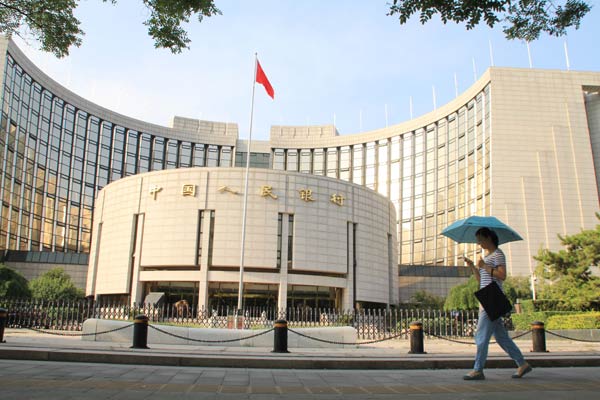|
 |
|
The |
BOAO - China's central bank governor Zhou Xiaochuan warned on Sunday that the country needs to be vigilant for signs of deflation and said policymakers were closely watching slowing global economic growth and declining commodity prices.
Zhou's comments are likely to add to concerns that China is in danger of slipping into deflation and underline increasing nervousness among policymakers as the economy continues to lose momentum despite a raft of stimulus measures.
"Inflation in China is also declining. We need to have vigilance if this can go further to reach some sort of deflation or not," Zhou said at a high-level forum in Boao, on the southern Chinese island of Hainan.
Zhou added that the speed with which inflation was slowing was a "little too quick", though this was part of China's ongoing market readjustment and reforms.
Beijing is determined to keep the world's second-largest economy from taking the same path of recession and deflation that has blighted its neighbor Japan for the past 20 years.
The central bank's newspaper warned last month that China is dangerously close to slipping into deflation.
The People's Bank of China (PBOC) has cut interest rates twice since November and taken other steps to support growth, but economists believe it will be forced to take more aggressive measures in coming months if prices and the economy weaken further.
Zhou also said China had a "clear direction" in terms of interest rate liberalization - a long-term goal - although he added it was difficult to put a clear timetable on the move. He pointed to comments made last year when he said the country's deposit rates were likely to liberalised in one to two years.
Last week, Zhou said China could undermine structural reforms if it adopts an excessively loose monetary policy, while pledging to relax capital controls to help make the yuan currency fully convertible.
Zhou also said on Sunday that China hoped to work on streamlining regulations around foreign exchange this year and that through the adoption of new rules China would eventually be able to achieve capital account convertibility.??
Slowing commodity prices
China is also "cautious" about the wider global slowdown, falling inflation and tumbling commodity prices, Zhou said. The price of oil, for example, is down by over 50 percent since mid 2014, aggravating a broader commodity price rout which has pushed down inflation in all the major industrial economies.
China is particularly susceptible as the world's largest net importer of petroleum and iron ore.
Earlier this month, China announced an economic growth target of around 7 percent for this year, down from 7.4 percent in 2014, already the slowest in 24 years.
But weak data so far in 2015 suggest the new target may already be at risk, with sluggish domestic demand, a cooling property market, industrial overcapacity and high debt levels dragging on activity.
